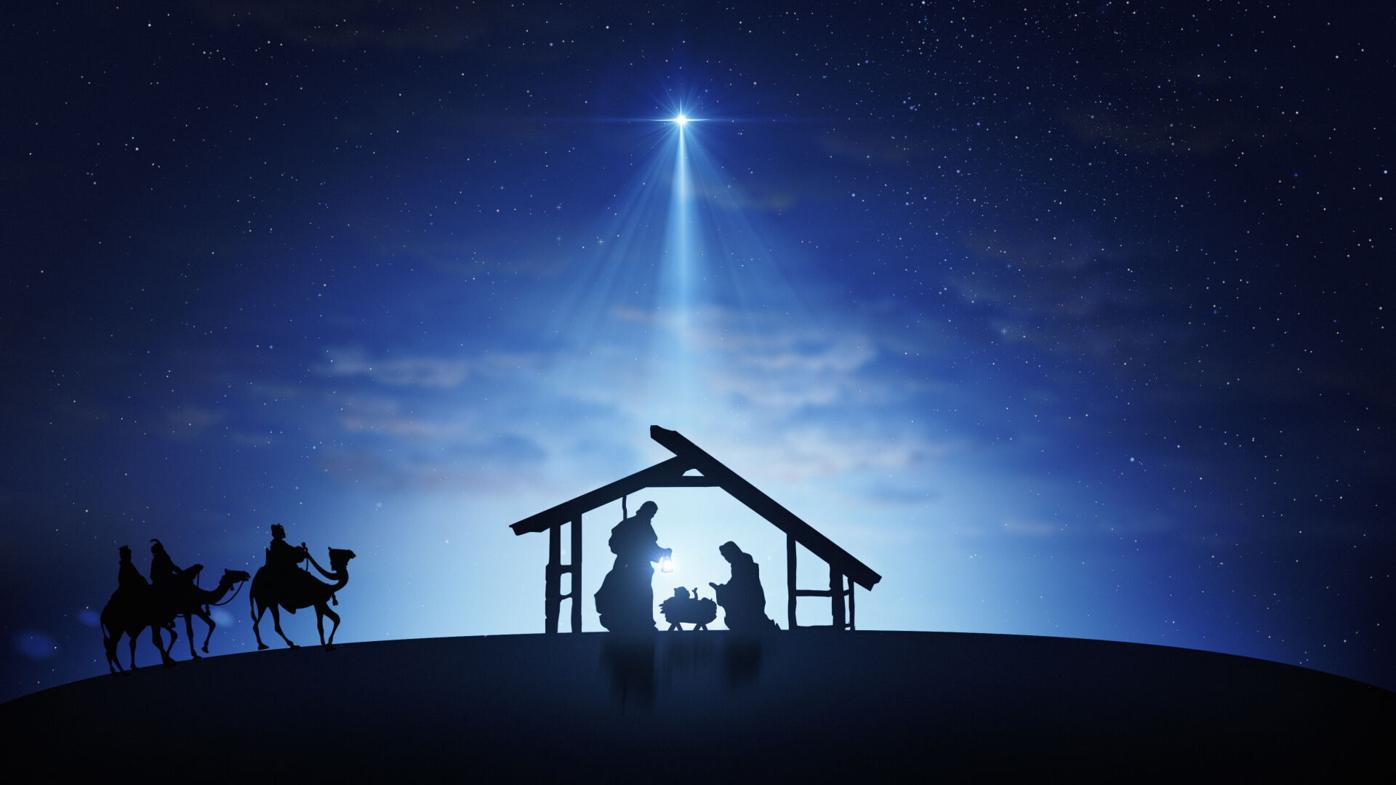Reflections on Christmas past and present | Pius Kamau
I am often asked if I celebrate Christmas, something usually asked by people who only know me casually. The question implies that to many Americans, the African continent is uniformly non-Christian, most likely Muslim. A Christmas celebration in Africa is therefore beyond their ken.
The question’s implications traverse knowledge of history, geography and geopolitics. Of course, I and many I left behind in Africa, celebrate the birth of Christ. Colonial Africa was converted to Christianity by European missionaries. Worthy of mention is that prior to Whites’ arrival, many tribes had their god — the Kikuyu, my tribe, had Ngai — who was officially supplanted by Jesus. Often our Kikuyu Ngai was used in place of the Christian god.
For Catholics the virgin birth was at the center of our faith. We celebrated Christ’s birth, with the Magi bearing gifts of gold, frankincense and myrrh; the manger signified implied poverty. Christmas was a worthy addition to our tribal celebrations. There was no red gowned, wool capped Santa Claus.
My family went to the midnight mass, which with its celebratory rituals was full of light. As we suffered under the colonial yoke, we thought Jesus would save us. He understood our poverty, and knew our colonizer’s mind. But the White colonialists prayed to the same Jesus in their White churches. Such is the contradiction of humanity’s prayers to one God.
We also sang and danced, dressed in our Sunday best on the dance floor, on sandy, dusty arenas where the clan congregated. Relatives came from far away to visit and renew the flame of family love. Commercial aspects of Western Christmas had not yet seeped into our psyches.
Much has changed on the African continent, as it has around the globe. If at one time Christmas meant a holy celebration of Christ’s birth, for many today, Christmas’ meaning has changed. It’s now a time of commercial enterprise, when we buy presents. The power of the consumer is manifested by swings in the stock market. It has crossed the oceans and is now an important occasion across Asia, symbolizing the West’s cultural conquest of the world. A sign of global prosperity.
If at one time bright colored lights festooned some homes in America and Europe, the reality today is the whole world loves yuletide’s bright colored lights. There no longer is a little Jesus in a cradle with a lugubrious ass eyeing him pitifully. Colored lights shine on expensive merchandise: gowns, jewelry, pricey clothing.
I celebrate Christmas now by remembering how, as a poor boy, eyes full of envy, I looked at wealthy Asian and Arab merchants who had everything. In comparison we had nothing. The Bible castigates the indifferent wealthy — Pharisees and corrupt priests — people Christians of yore resented. Theirs was not the kingdom of heaven.
Today, Christ’s name is used to fulfill so much that is patently un-Christian. It is unfortunate that many who no longer pay homage to the Christian church, agnostics, atheists and others, are more charitable, more humane, filling many more empty cups of the poor than those who claim devotion to their own effigy of Christ. Christ’s name has been used as a shield by many, including colonialists, who belong in purgatory.
After deciding we have all we need, for some time now we no longer frequent malls. We feel the most important gift we can give each other is our company, friendship and love. More than anything, to soulfully sit in gentle conversation or in silence is the heaven we seek. Perhaps this was what the birth of Christ was meant to signify all of this time — charity and generous peace.
Looking back at our Christmas celebrations in Africa living under our colonial masters fills me with a tinge of nostalgia. Not the kind you want to relive; but the kind you’re glad you passed through. When they ask me if I celebrate Christmas, I want to ask them if they, too, celebrate it. I want to know what Christmas is to them, and how they celebrate it. I of course imagine they spend weeks buying gifts. I can imagine their Christmas morning ritual; or the ritual of large numbers gathered together to exchange gifts, to sing, eat and drink.
We can wish these occasions have more ethereal meaning, but perhaps it is enough that citizens meet and peacefully enjoy each other. Jesus’ birth, after all, meant peace on earth.
Pius Kamau, M.D., a retired general surgeon, is president of the Aurora-based Africa America Higher Education Partnerships; co-founder of the Africa Enterprise Group and an activist for minority students’ STEM education. He is a National Public Radio commentator, a Huffington Post blogger, a past columnist for Denver dailies and is featured on the podcast, “Never Again.”





